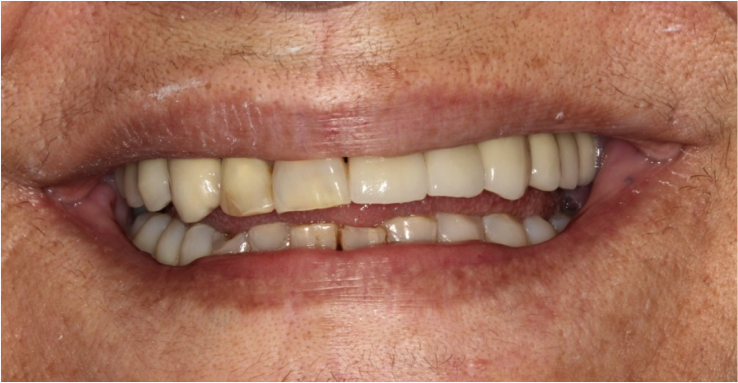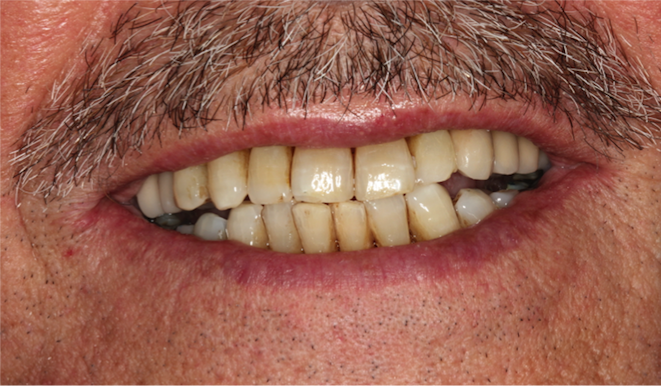IMPLANTS
Dental implants are considered the gold standard when it comes to restoring edentulous areas (missing teeth). The implantation procedure is completely painless and non-traumatic. Furthermore, post-operatively patients experience very slight to no pain at all. With the use of dental implants we have the opportunity to restore single or multiple missing teeth without any intervention to adjacent teeth. The end result is complete restoration of function and esthetics.
According to literature success rates of dental implants range internationally on average from 92-95%, while in our clinic the succes rate is higher than 99%. Our success is based on the solid educational background of our doctors and their specialization in the disciplines of periodontology and implantology, their extensive and longstanding experience in the most demanding of cases (since 1991) as well as the use of implants of the most renowned companies worldwide.
The overall treatment time from the time of placement until the delivery of the final restoration (placing the “new teeth” in the mouth) ranges from 2-3 months.
However, under the right conditions, this time period may be reduced to a few days until the definite restoration of the missing teeth (protocol of immediate placement and immediate loading).
Dental implants typically have a successful long-term prognosis, which is however heavily dependent on patient’s compliance. Diligent oral hygiene, consistent attendance to maintenance appointments per year, management of periodontal disease (if present) and smoking cessation or minimization are key factors when it comes to the longevity of implant restorations.


